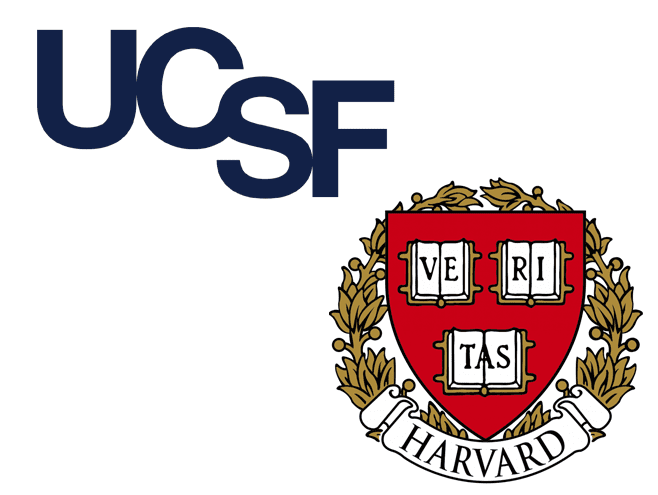Timeframe: 2016 – 2019
Goal: Understand growth mechanisms and identify potential therapeutic targets
Principal Investigators: John Gordan, MD, PhD (UCSF) and Nabeel Bardeesy, PhD (Mass General Hospital)

Study overview: The discovery of a genetic change in the protein kinase A (PKA) gene in nearly all cases of fibrolamellar liver cancer (FLC) creates hope that targeted therapy against PKA will have potent effects for FLC patients. However, progress has been limited due to the relative scarcity of established model systems and the current lack of an effective anti-PKA drug. PKA is a component of the G protein-coupled receptor (GPCR) pathway, which is thought to play a role in many other cancer types. However, little is known about how this pathway makes tumors grow, and if it creates any specific liabilities in tumor cells that can be effectively targeted even when PKA is still active. The study team hypothesized that common mechanisms support the growth of different cancers where PKA is abnormally activated and that deciphering these mechanisms would lead to new treatment strategies for FLC.
This study applied cutting-edge proteomic methods to comprehensively map biochemical processes controlled by GPCRs and PKA across a number of cancer cell lines. These efforts were complemented with genetic approaches to identify other genes essential for PKA-driven cancer growth. Finally, newly developed FLC models were used to test key targets identified with our screening techniques. By identifying and rigorously testing the importance of the mediators of PKA signaling in FLC, the study hoped to lay groundwork for the repurposing of existing drugs to accelerate progress in the treatment of patients with FLC.
Results: To understand PKA’s oncogenic mechanism and identify its downstream targets, the investigators generated genetic cell models with doxycycline-inducible PRKACA or its dominant negative counterpart, a mutant form of the PRKAR1A regulatory subunit. These cell models were then subjected to mass spectrometry for kinome profiling in order to detect kinases with significant altered activity following PKA modulation. This was integrated with small molecule inhibition and siRNA knockdown to identify PKA-regulated kinases that modify cell proliferation. This analysis revealed activation of the aurora-family kinase AURKA, with preferential sensitivity to the confirmation-disrupting AURKA inhibitor (CD-AURKAi) CD532 compared to other AURKA inhibitors.
Further experiments showed that the level of both c-MYC and n-MYC, known to be stabilized by AURKA, were both inhibited by CD532 in the FLC cell line. However, the reduction in proliferation in FLX1 by either c-MYC or n-MYC siRNAs treatment was not as much as the DNAJB1 siRNA treatment, suggesting that both c-MYC and n-MYC must be targeted together. Or more likely, there are other factors contributing to cell proliferation still to be uncovered.
Implications: The results from this study revealed a key molecular target, Aurora kinase A, that could be inhibited by pharmaceutical agents in combination with other therapeutic agents.
Research efforts continued under a follow-on grant from FCF.
